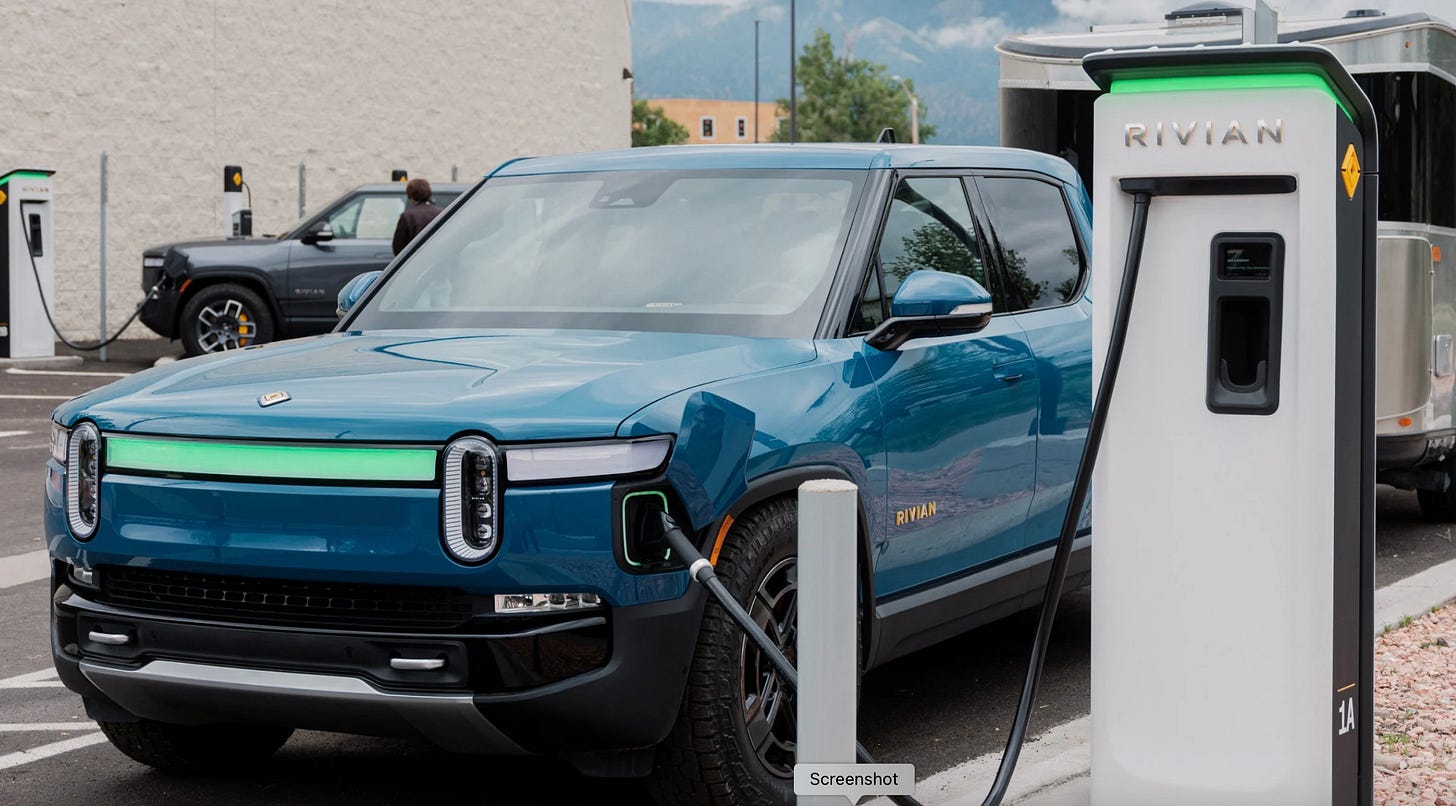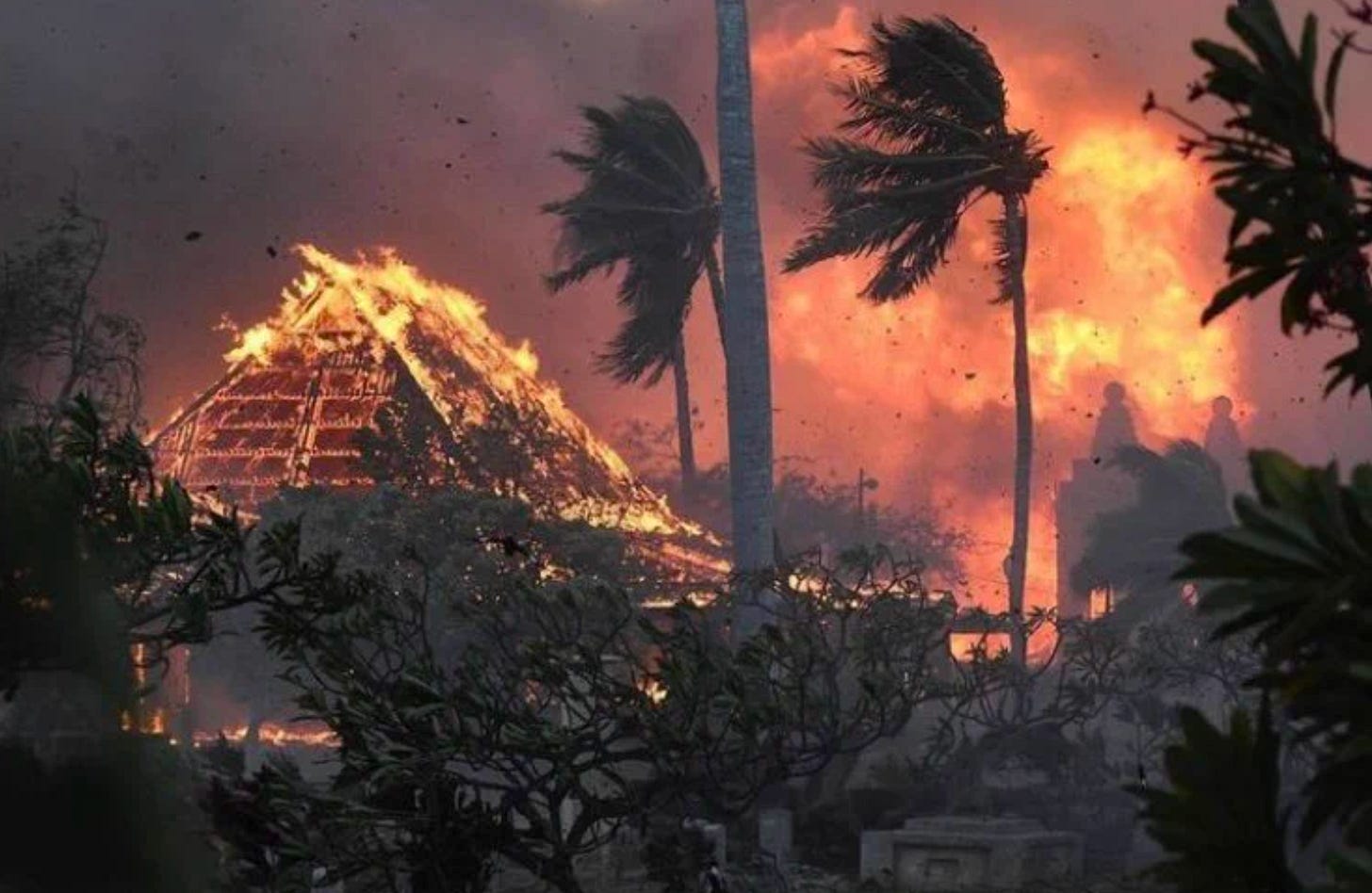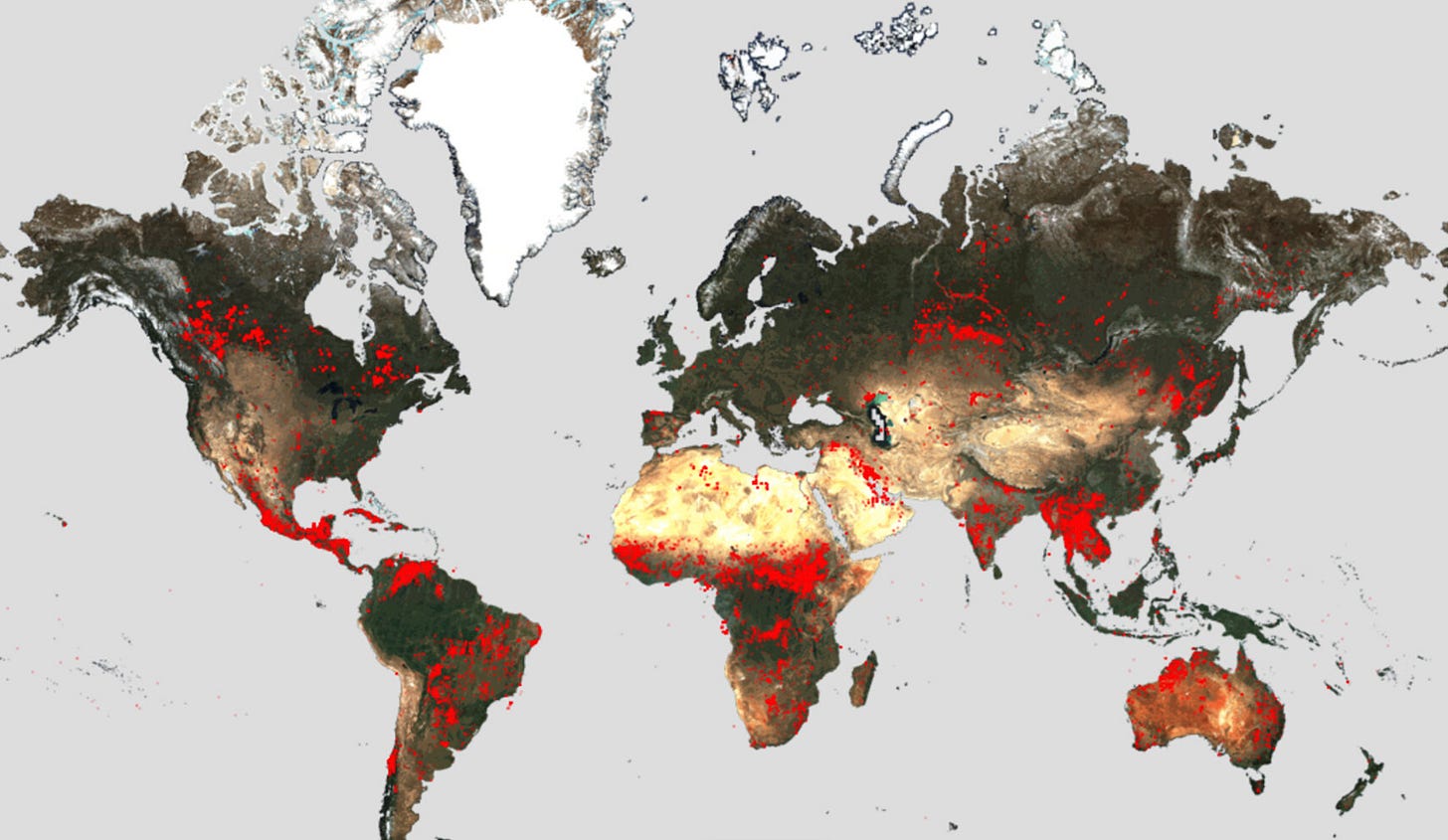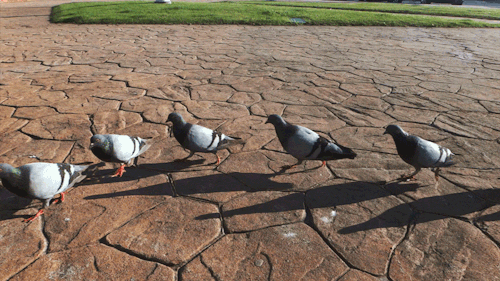Green Lights Aug. 11: Top stories this week
Don't miss a single story: The best from Callaway Climate Insights


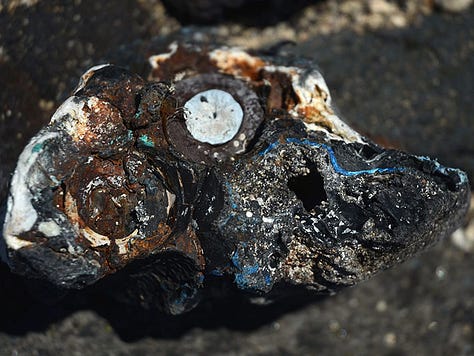

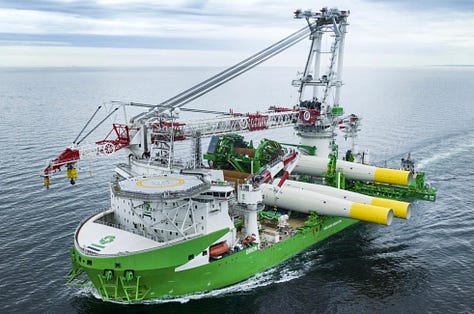
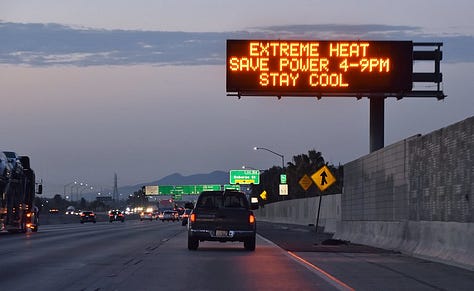
. . . . Welcome to Green Lights, our weekly roundup of the best of Callaway Climate Insights. This week, we turn our eyes and our hearts to the images of historic Lahaina reduced to ashes and the wildfires ravaging other parts of Hawaii. We try to understand, put it in perspective, and help. And don’t miss our insights on the EV makers caught in the market correction. Plus, David Callaway writes about how ESG risks are starting to filter into merger deals as disaster costs soar. Here are the highlights in a simple and convenient format that makes it easy for our readers. It’s also easy to subscribe.
. . . . Shares of Rivian and most of the other EV makers have been dragged down by a pessimism that was more just a risk-off theme about the entire market rather than their individual survival stories. Read about which stocks David Callaway thinks have the best chance of being around to report second-quarter earnings next year.
. . . . Anti-ESG disruption by some Republicans has largely failed to discourage investors and business leaders from considering climate change in their strategies, as they prefer to believe the impact of global warming they can see right before their eyes. But a new strategy by those planning for a right-wing win in the presidential election next year, dubbed Project 2025, would essentially eliminate the progress the Biden Administration has made on the environment to date.
. . . . After years of red tape and bureaucratic delays in creating viable offshore wind platforms off the U.S. East Coast, a handful of projects are getting started. Vineyard Wind, the high-profile project off the coast of Massachusetts, says construction has begun. But no sooner did they get started than a grim profit warning from Europe’s Siemens Energy cast a shadow over the production of wind turbines.
. . . . It’s sometimes referred to as “a new type of rock,” but in truth plastiglomerate is really a new incarnation of plastic. It’s described as a type of rock cobbled together from plastic, volcanic rock, beach sand, seashells, and corals that began forming along the shores in Hawaii. As if Hawaii doesn’t have enough problems. And now, researchers say, it’s proliferating around the globe. Yet another sign of the urgency of dealing with plastic pollution, especially in the ocean.
. . . . Despite the controversy over climate risk disclosure in public companies in the U.S., more ESG factors are seeping into merger deals and debt sales, according to a new survey by KPMC. David Callaway writes that it will be interesting to see if this will be reflected in the SEC’s new climate disclosure rules due out this fall. After all, if bankers and merger experts are combing through corporate balance sheets looking for climate risk, and pricing it, why shouldn’t the same data be available to small investors looking to buy and sell securities?
More greenery . . . .
Even the toughest species have limits: Which animals are most likely to survive climate change? (LiveScience.com)
About those bubbles: Climate change could change the taste of Champagne (CNBC)
Another thing Americans disapprove of: Biden’s handling of climate change (Inside Climate News)
A cool white: Researchers at Purdue are working on a paint to cool homes, neighborhoods and cities (NBC News)
Climate change sticker shock: What’s in your utility bill this summer? (Axios)
You can make a difference: How to help victims in the Maui wildfires in Hawaii (USA Today)

